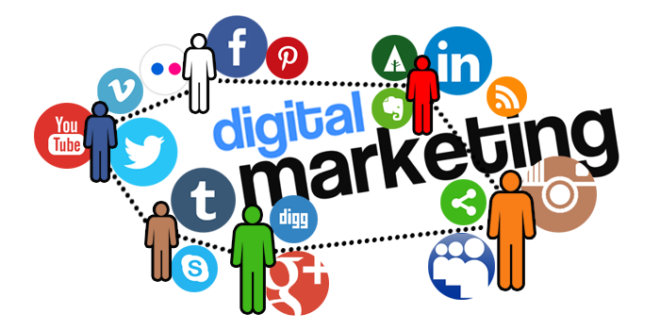Quality Score is a key metric that should be used to indicate whether your keywords, ad group, and campaign success can be successful in paid search.
From her perspective, Quality Score is simple: it measures the appropriateness and consistency of three components required for each PPC campaign:
Keywords within an ad group
Researchers see ad copy when the ad is displayed
Visitors visit the landing page after clicking on your ad
The more closely linked these three components, the higher your Quality Score. Simple enough, but let’s dig in a little deeper.
How important is Quality Score?
Before diving in how QS increase to the maximum, it is important to understand the importance of improving the quality score.
Quality Score is important because QS for a particular keyword directly affects the ad’s auction ranking.
The higher your Quality Score, the better your Ad Rank. As your Ad Rank improves, your chances of getting a click increase, and the cost you pay for each click may decrease.
Bottom line: Having a high QS gives you the best opportunity to pay as little as possible for the position you earn and the clicks you make.
By saving money there, advertisers can see improvements in conversion cost numbers, and they can increase traffic to their target pages if they’re limited to staying within the specified spend budget.
How to Maximize Quality Score
There are three basic metrics that guide the quality guide for a particular keyword.
Advertisers can see the status of these factors when analyzing Quality Score in Google ads, where each case will be “below average,” “average,” or “above average.”
Click Here: SEO Services Company
Expected Clickthrough Rate
Google defines the expected clickthrough rate (CTR) as “the keyword state that measures how likely your ads are to click on that keyword, regardless of your ad’s position, extensions, and other ad formats that may affect the visibility and visibility of your ads.”
For expected clickthrough rate (CTR), Google looks at your keyword’s CTR and your competitors’ history to predict how many clicks they’ve clicked.
To increase your expected CTR, type your ad copy to get a high degree of relevance to your keyword list. Your ad group’s keyword list must be aligned closely with your ad copy. The closer they are, the more relevant you are, the higher your actual and expected clickthrough rate (CTR).
Building a high link between the keyword list and the corresponding ad copy is vital to driving the expected CTR.
In addition, because increasing ad position at the top of the SERP can increase the chances of a user clicking, try raising your keyword bids to increase your average position. Over time, higher ad position should help to perform the previous clickthrough rate (CTR). But be careful – if your ads continue to lower your CTR in a higher position, you risk reducing QS.
Ad Relevance
Google refers to your ad copy and landing page content to predict how relevant your ad is to a user who views your ad using a particular search query.
To increase ad relevance, make sure that your ad copy is directly related to the keyword list that matches a particular ad group. Also make sure that your ad groups contain small groups of tightly themed keywords so that your ads can be closely targeted to them. Finally, make sure your landing page has content that is just as appropriate for these keywords and the ad copy you’re using.
Landing Page Experience
Landing page experience is a “metric used by Google ads to evaluate the relevance and usefulness of your website’s landing page for people who click on your ad.”
To measure landing page experience, Google points to your landing page content as well as other metrics such as bounce rate and page speed to predict the quality of a user’s experience by simply clicking on your ad.
Improve your landing page’s content to be relevant and reliable to increase the experience of your landing page. In addition, consider landing page performance for the user experience, improve conversion rate, and load time to increase interest.
Does It Actually Work?
I’m sure for many of you, all this is logical in theory. But do the changes in Quality Score actually affect the campaigns we improve every day?
Answer: Yes. We’ve always been told at Quality Score points, but it’s hard to see how changes in QS affect our numbers over time. Send a tip to Google to make it very difficult to make changes to your historical Quality Score. However, if you isolate some keywords that showed a change in Quality Score and split your data by day, you can see a very real impact.
Here is an example of an account we manage in Portent. In this case, one keyword saw an increase in its Quality Score from 7 to 8, and then returned to 7 again a few days later.
Click Here : SEO Services
 Universal Bloggers
Universal Bloggers




